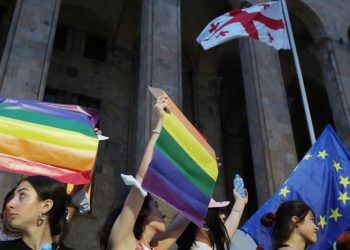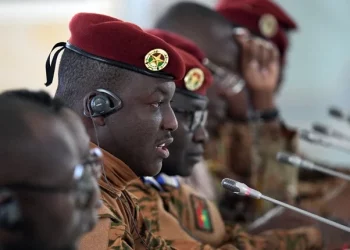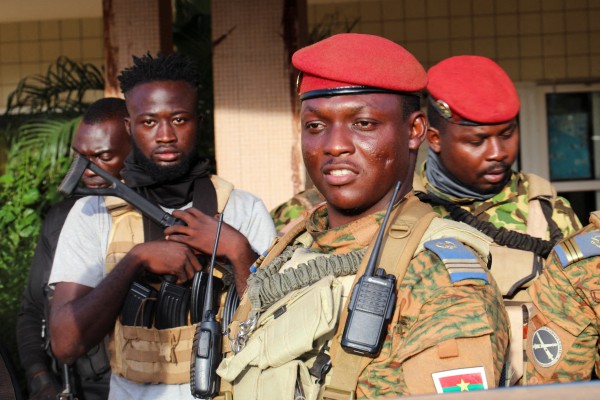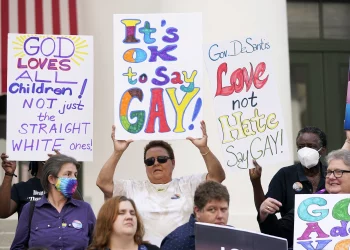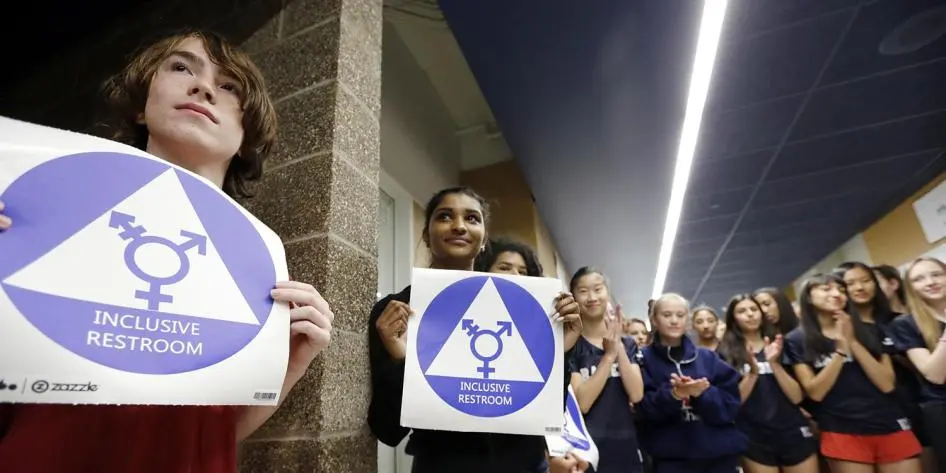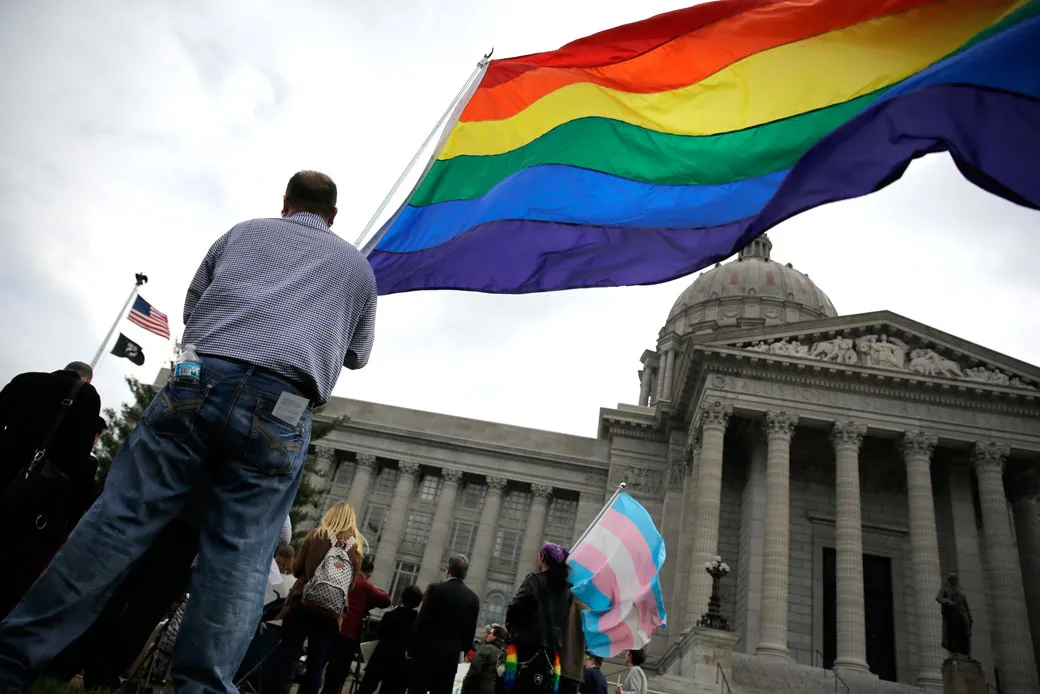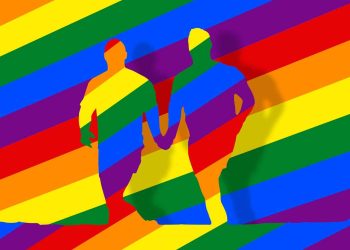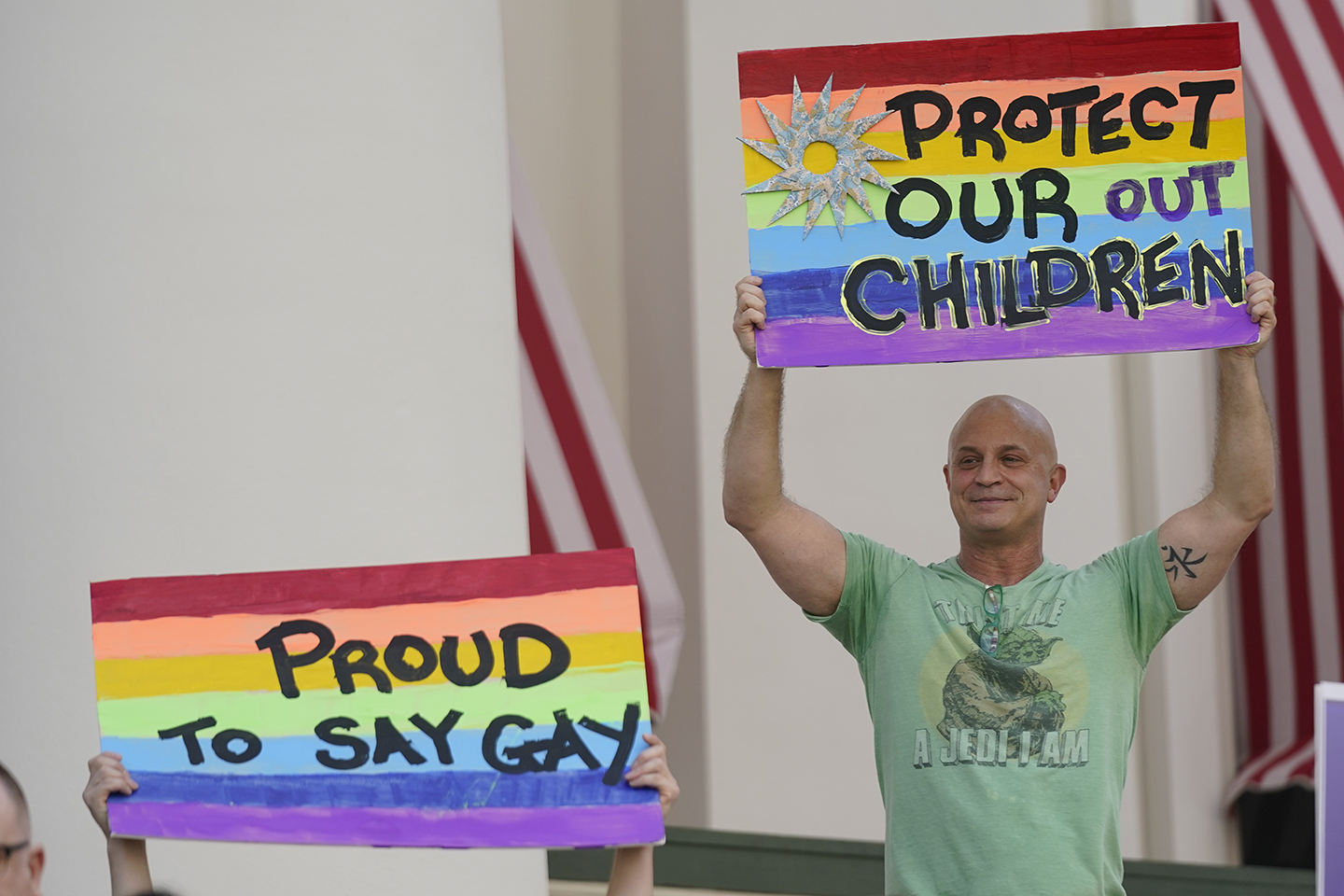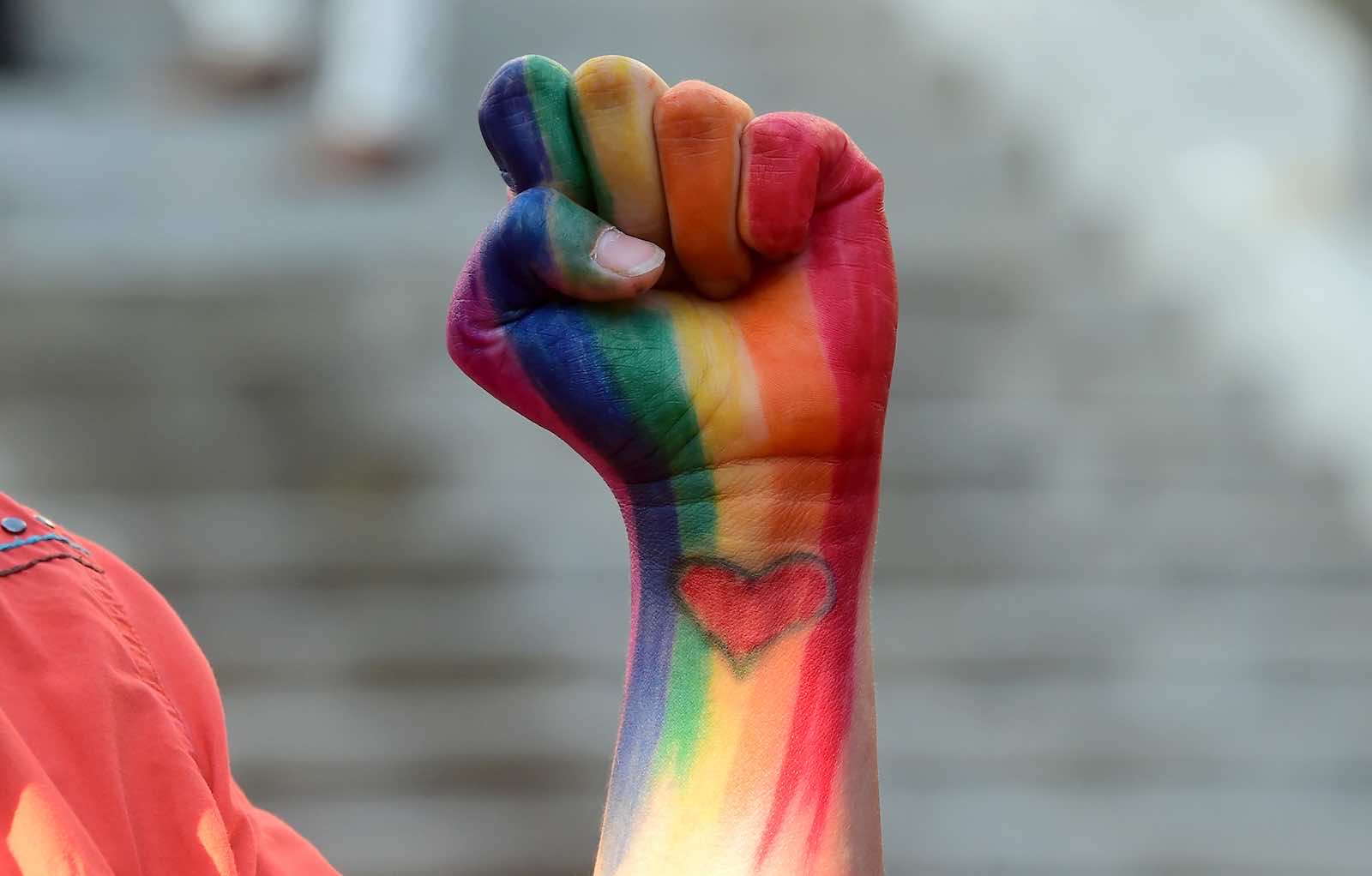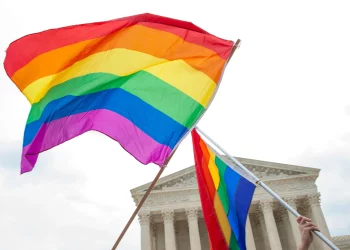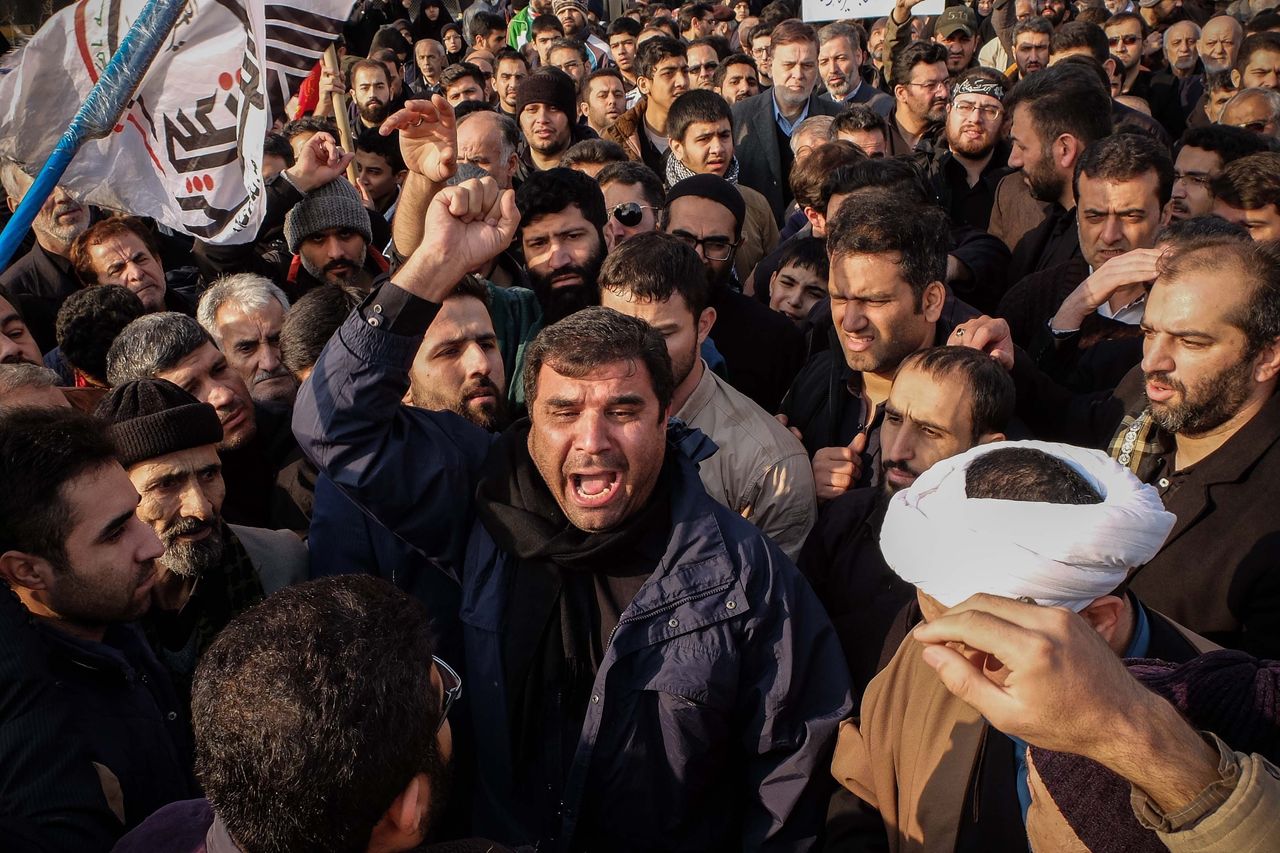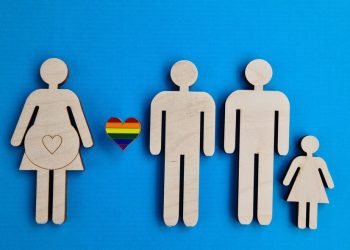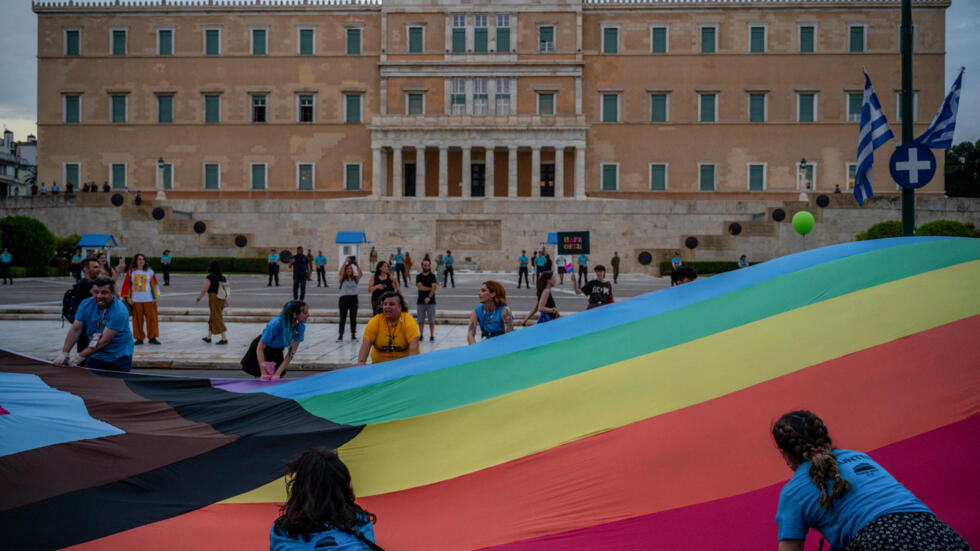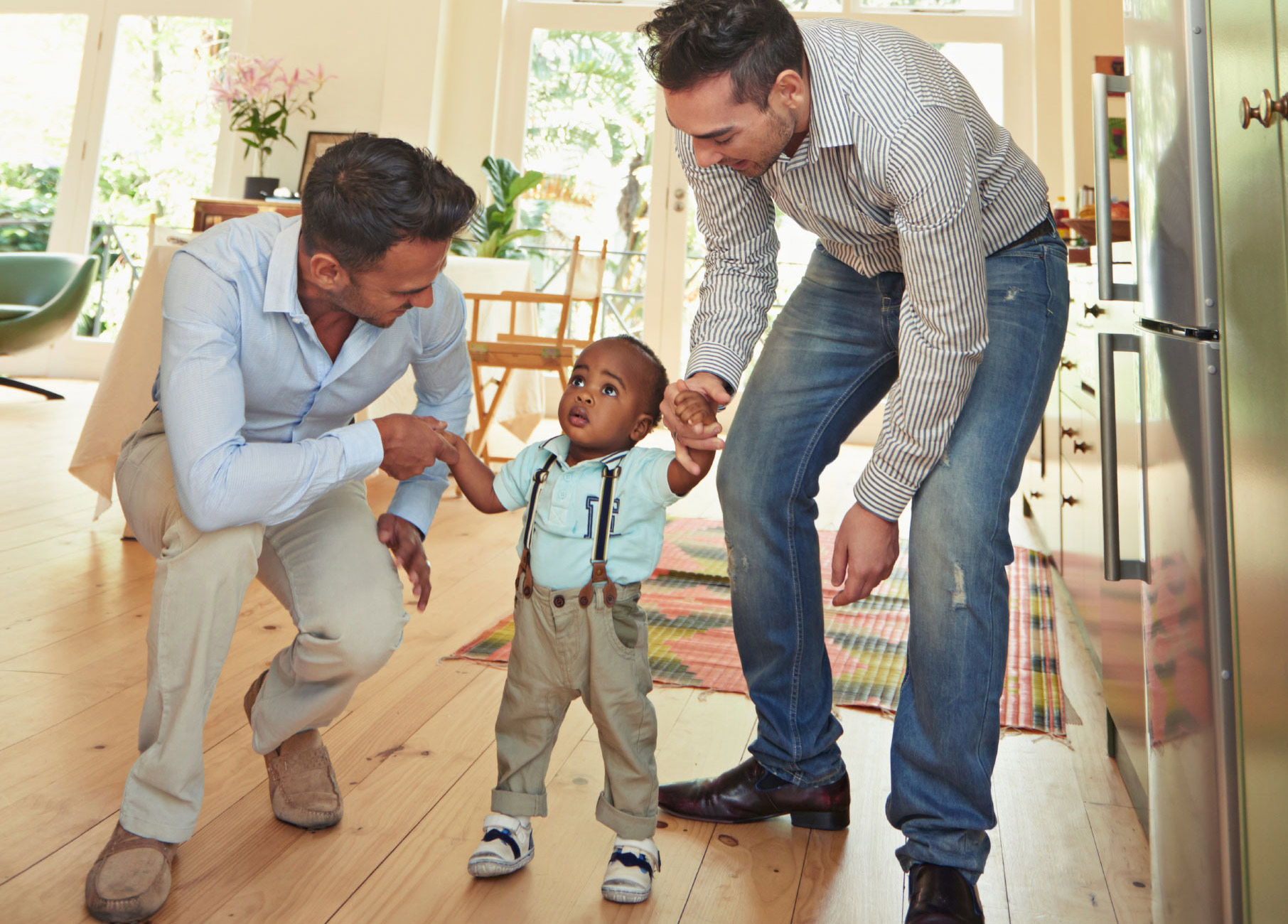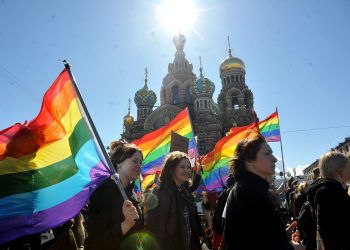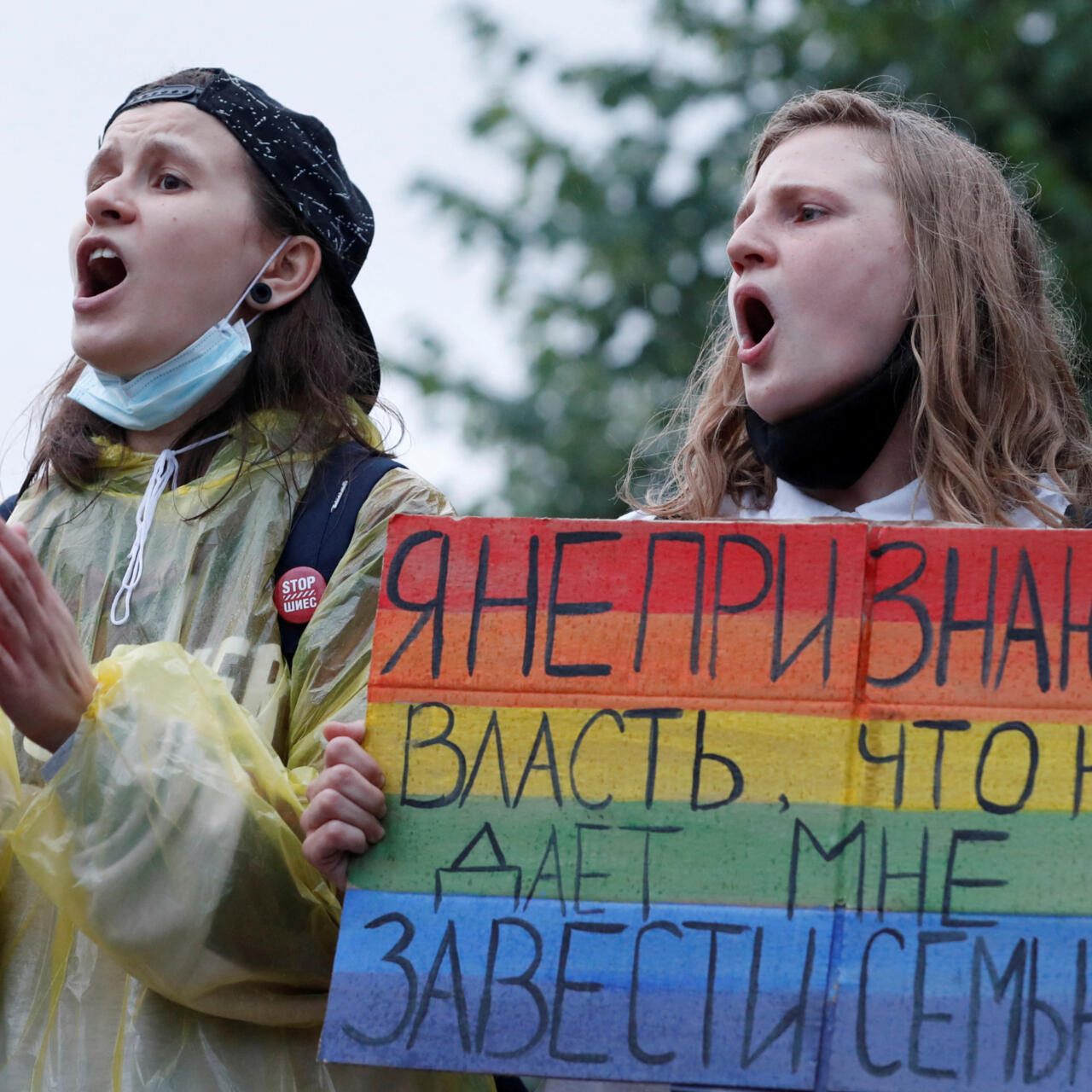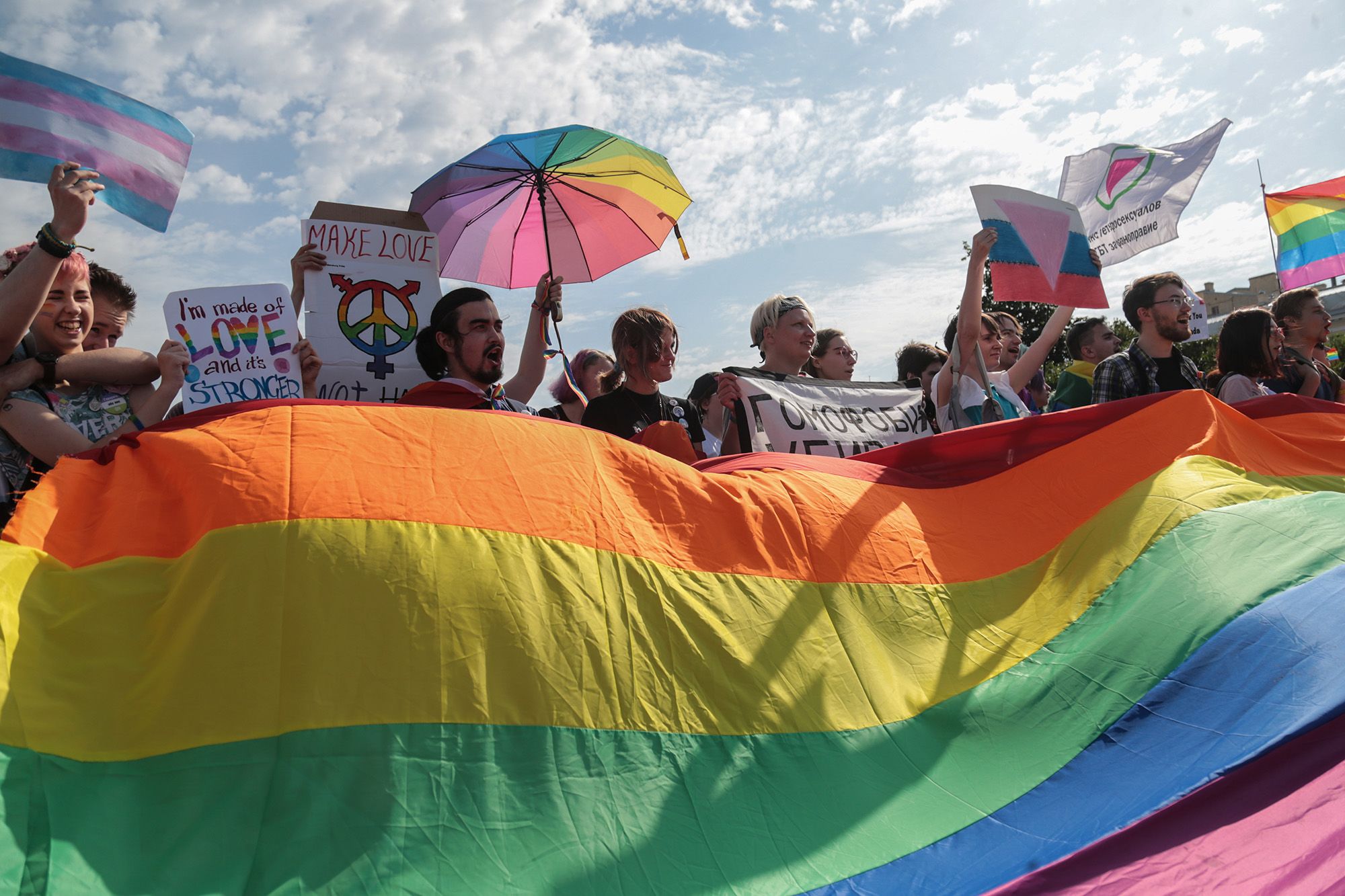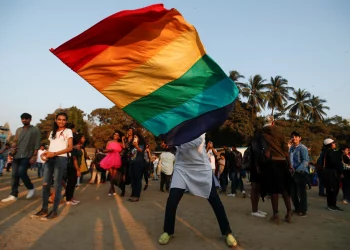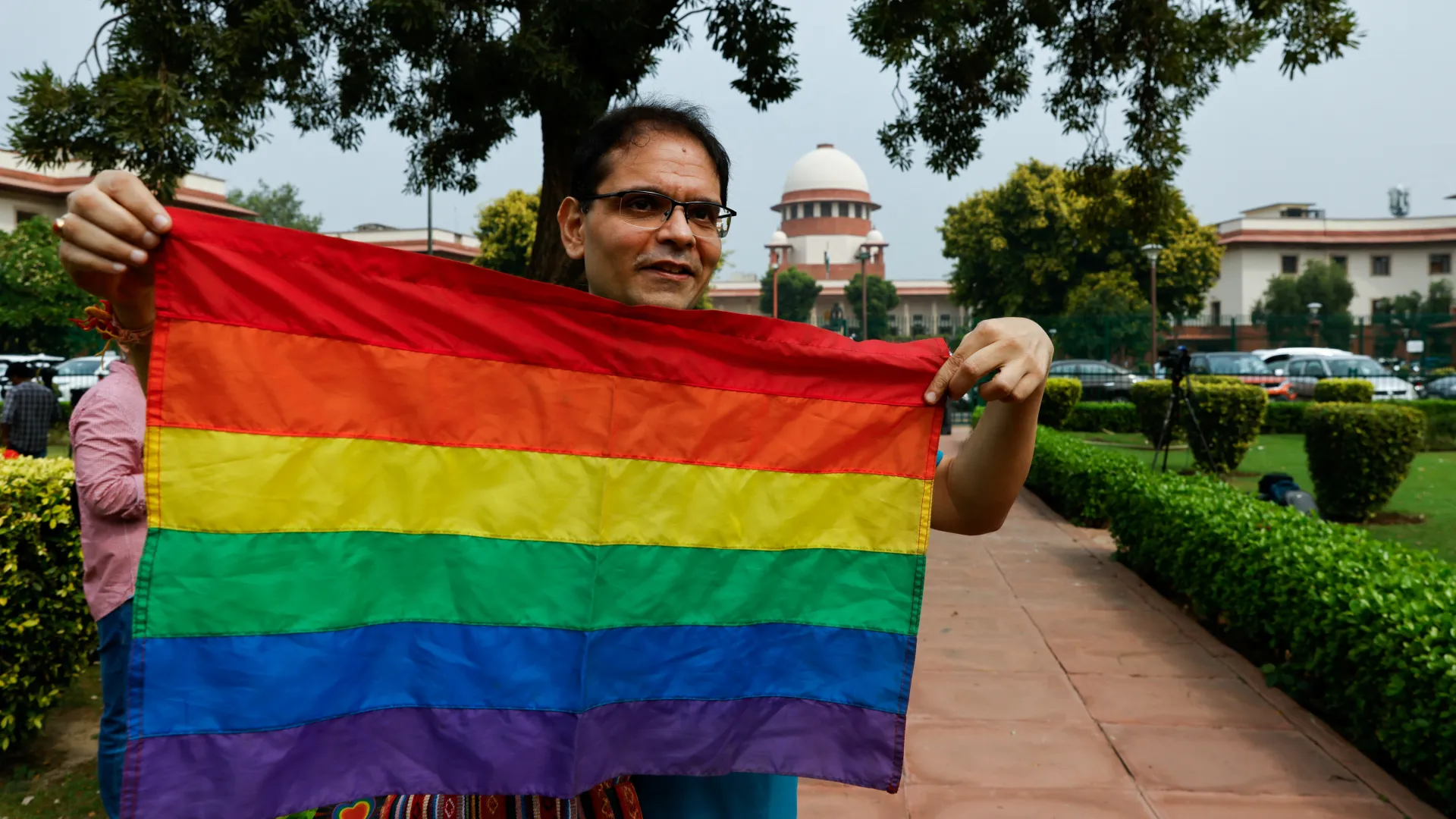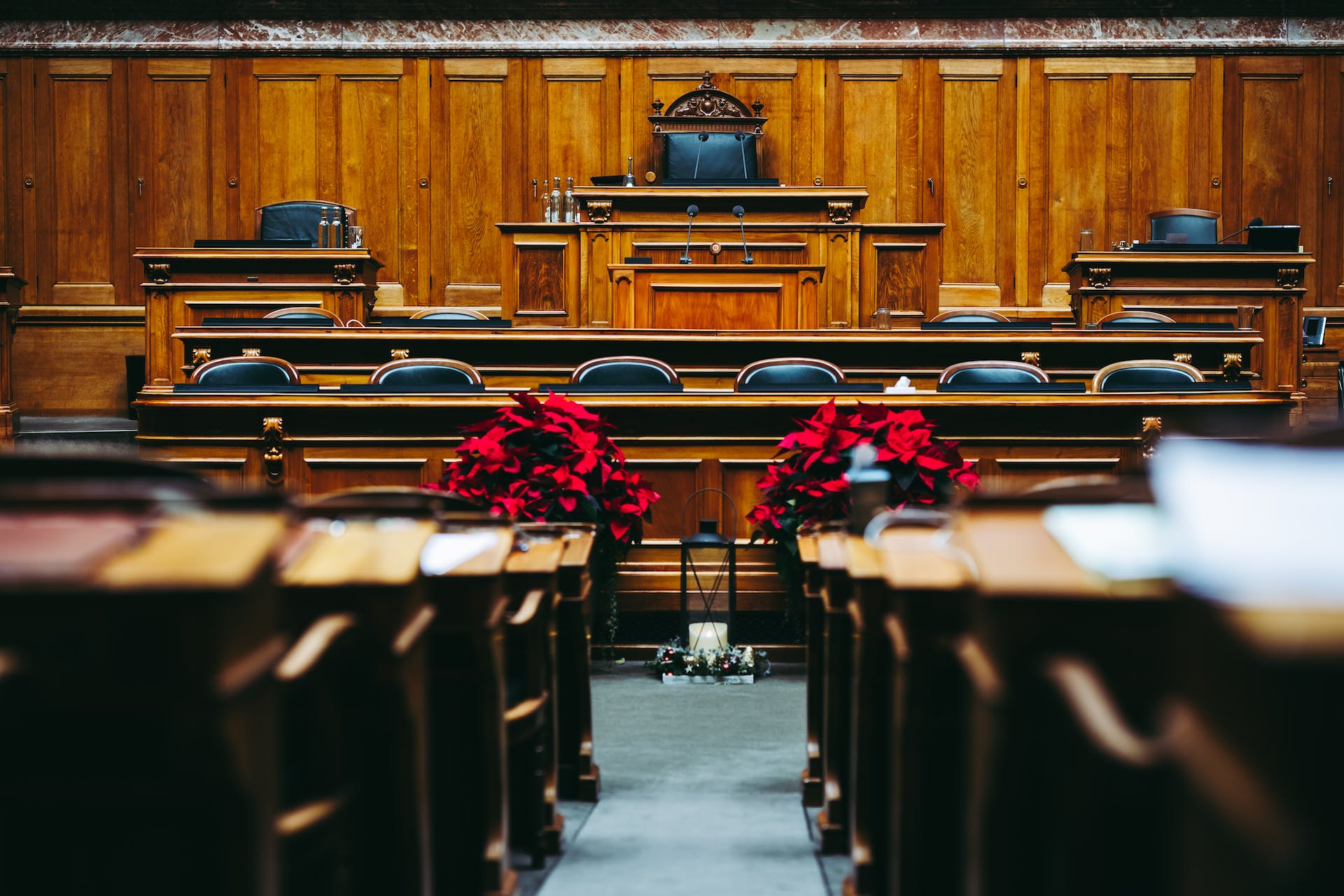Georgia’s parliament has passed a controversial “family values” bill that would restrict the rights of the LGBTQ community, despite criticism from the president, human rights activists and the European Union. The new law, “On Family Values and the Protection of Minors,” imposes strict restrictions on public discussion of LGBTQ issues and bans access to gender reassignment surgeries. The measures are being presented as steps to uphold traditional values, but have sparked a wave of condemnation and concern for the rights of minorities in the country.
Georgian Parliament Passes Law Restricting LGBTQ Rights: New Restrictions and Censorship on the Horizon
The law, passed Tuesday, will give authorities legal leverage to ban Pride events and the public use of the LGBTQ rainbow flag. It will also allow restrictions on the distribution of films and literature that contain themes related to the rights and lives of the LGBTQ community, introducing strict censorship in these areas.
The bill also bans gender reassignment and deprives gays and transgender people of the right to adopt children. In addition, same-sex marriages registered outside Georgia will no longer be legally binding in the country.
In a vote that was ignored by opposition forces, lawmakers from the ruling Georgian Dream party unanimously backed the bill, with 84 votes in favor and none against. The law also includes amendments to several other pieces of legislation. Georgian Dream leaders say the measures are aimed at strengthening “traditional moral values” in a country where the conservative Georgian Orthodox Church wields considerable influence.
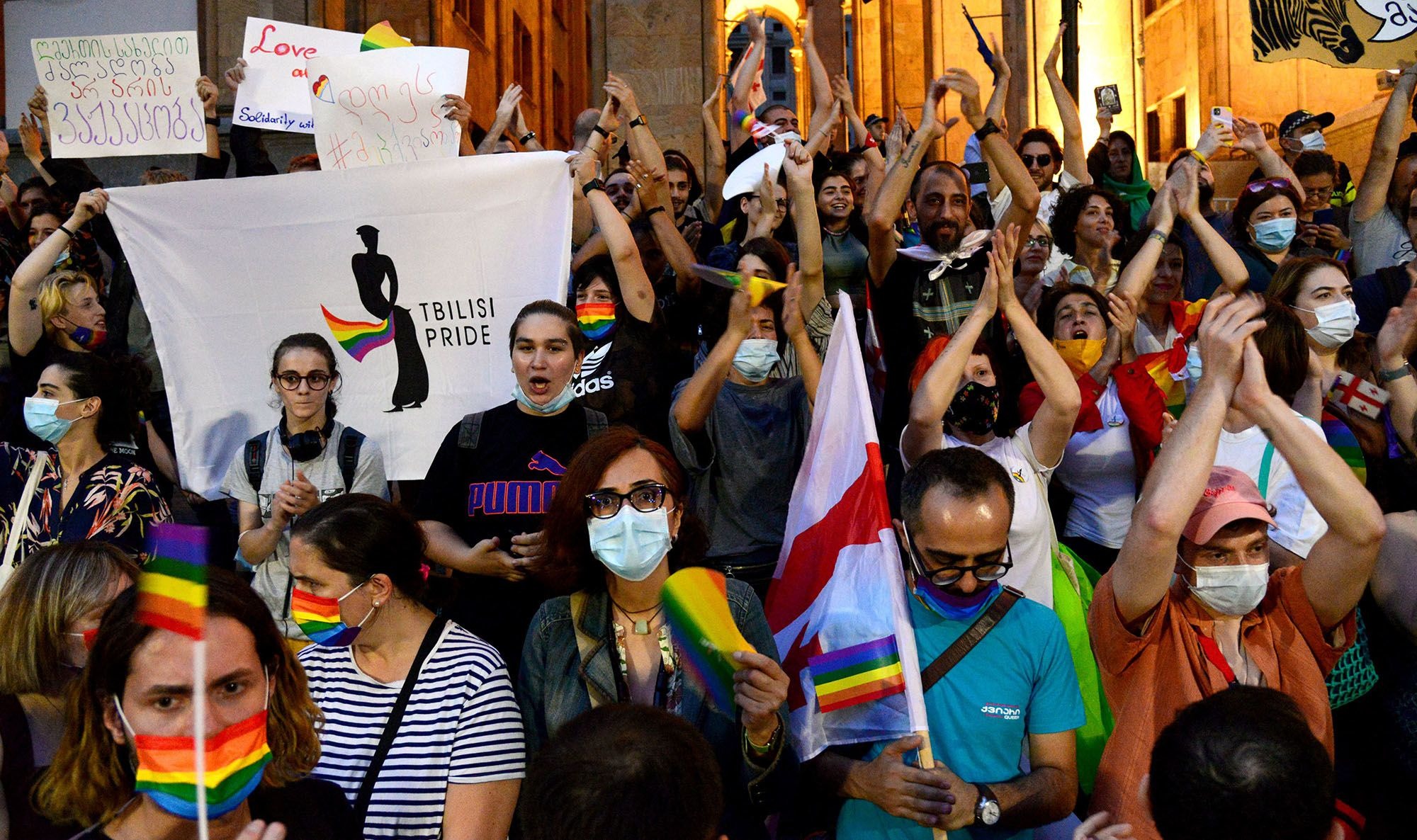
Tamara Jakeli, head of Tbilisi Pride, expressed concern that the new bill, which would enshrine a ban on same-sex marriage and impose a ban on gender reassignment surgery, could lead to the closure of her organization. According to her, these measures create an extremely hostile environment for the LGBTQ community, which threatens the future work and existence of her initiative group.
“This law is the worst blow that could have befallen the LGBT community in Georgia,” Jakeli, 28, told Reuters. “We are in a critical situation and will most likely be forced to stop our activities. We simply do not have the resources to continue working under such conditions.”
President’s attempt to block LGBT bill meets resistance from ruling coalition
Georgian President Salome Zurabishvili, whose powers are largely ceremonial, has expressed frustration with the ruling Georgian Dream party and signaled that she intends to block the bill. However, Georgian Dream and its allies have enough votes in parliament to override her potential veto, casting doubt on the real effectiveness of her criticism.
The issue of LGBTQ rights is a contentious one in Georgia, where polls show overwhelmingly negative attitudes toward same-sex relationships and the constitution bans same-sex marriage. In recent years, participants in Tbilisi’s annual gay pride parade have faced physical violence from anti-LGBTQ protesters. The issue is particularly relevant ahead of the October 26 elections, in which the ruling Georgian Dream party is seeking a fourth term and has vocally opposed LGBTQ rights, raising serious concerns among human rights advocates.
Georgia’s ruling party, led by billionaire former Prime Minister Bidzina Ivanishvili, is strengthening its ties with Russia amid worsening relations with the West. Earlier this year, it passed a “foreign agents” law that drew criticism from European and American observers as authoritarian and inspired by Russian practices. The move sparked protests that were among the largest in Georgia since its independence from the Soviet Union in 1991.
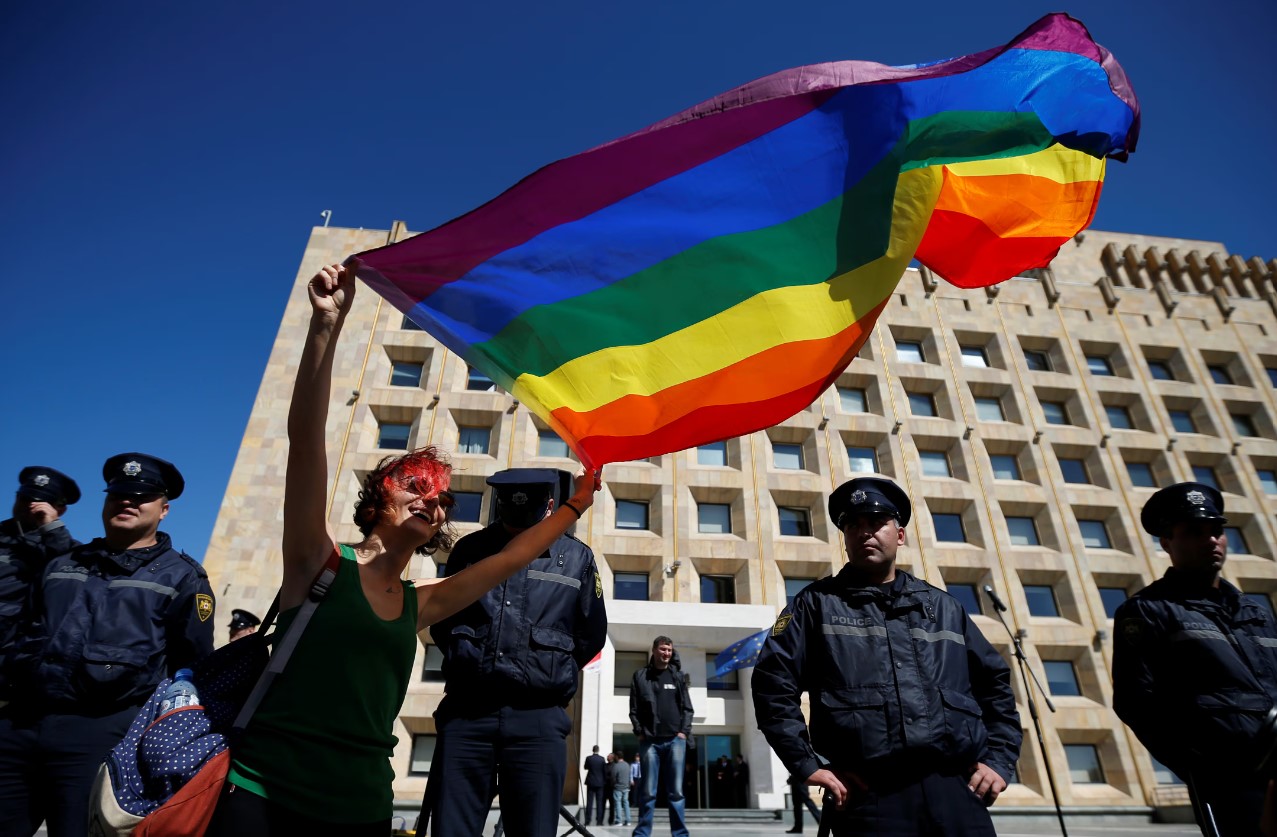
Polls show that the ruling party, which passed a law banning LGBTQ discrimination in 2014 before shifting to a more conservative direction, remains the most popular party in Georgia. However, its support has been slipping since 2020, when the party won only a narrow majority in parliament. One of the ruling party’s ads on Georgian television features Pride director Jakeli with the phrase “No to moral degradation,” illustrating its current position and approach to public issues.
The European Union said that the approval of the bill could have a “significant impact” on Tbilisi’s EU membership aspirations and “would exacerbate tensions in EU-Georgia relations.” The EU stressed that Georgia’s integration process has effectively stalled and called on the country’s authorities to reaffirm their commitment to the European path. These statements highlight the serious implications that this law could have for Georgia’s future in the context of its integration into the European community.

